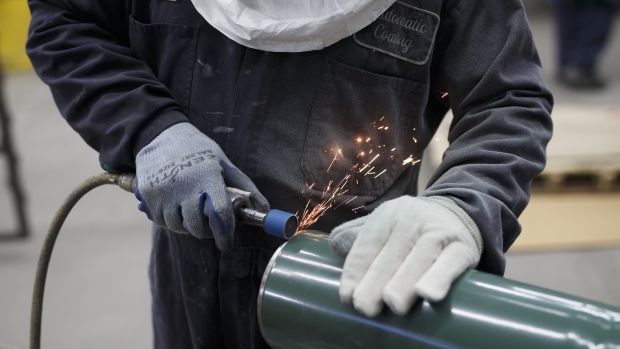Sep 12, 2018
635,000 Canadian jobs at risk amid U.S. tax overhaul: Study

A new study is warning U.S. President Donald Trump’s overhaul of the American tax code could have a devastating impact on the Canadian economy. According to PwC Canada, the fallout from the sweeping tax changes could be 10 times greater than any potential hit from the termination of NAFTA as investment flocks south.
“Our analysis suggests that the U.S. tax reform has eliminated one of Canada’s main competitive advantages. We are of the view that this loss will have a significant negative impact on capital-intensive sectors in Canada,” according to the report, which was produced for the Business Council of Canada. “All else being equal, these sectors as a whole would likely face a significant shift in investments from Canada to the U.S. over the next 10 years.”
The wide-ranging tax reform bill cut the U.S. corporate tax rate to 21 per cent from 35 per cent and allows for companies to deduct the full cost of capital spending from their tax bills.
PwC said $85-billion in GDP – about 4.9 per cent of total output – and 635,000 jobs are at risk due to the U.S. leapfrogging Canada on the competitive front. It forecasts the chemical, machinery manufacturing and plastics industries would be most at risk. On a provincial basis, PwC said Ontario has the most on the line, accounting for nearly one out of every three dollars identified at risk.
PwC’s dire warning was far from the first time competition concerns have been front and centre this week, after CIBC CEO Victor Dodig and Suncor CEO Steve Williams warned Canadian competitiveness is on fragile ground.
In an interview on BNN Bloomberg, Dodig highlighted the capital spending shift as a key change to the competitive landscape.
“I think the one big leg up that the [U.S.] has today is they’ve put accelerated depreciation on capital investment, which has really attracted more investment to the United States,” he said. “Businesses have put more to work, more jobs are being created. And that’s being amplified by the repatriation of capital from abroad.”